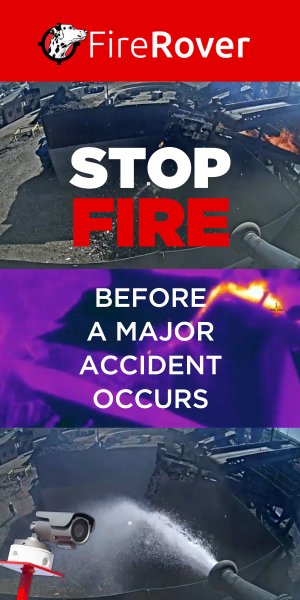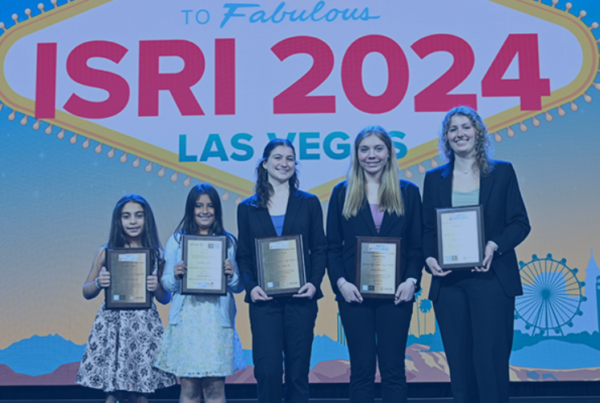The end of the holiday season often leaves people with “stuff.” While you may be excited about the latest cellphone, tablet, computer, or TV, older versions of these devices might be sitting in your home without a clear future. Consider the various benefits of recycling older electronics: It’s good for you and for those in need, the U.S. economy, and the environment.
“Even if your electronics are no longer valuable to you that doesn’t mean they’re not valuable,” says Billy Johnson, chief lobbyist at the Institute of Scrap Recycling Industries (ISRI). A bright feature of your holiday season—lights —are relatively easy to place at the top of your electronics recycling list. String lights are recyclable and valued for copper wire.
Once the lights have been managed you can decide what to do with your older electronics. “If your old electronics are still operable, try selling them to someone who will repair and/or refurbish them and then resell them to someone else,” Johnson says. He recommends searching ISRI’s website, ISRI.org, for local recyclers in your area who may be interested.
The electronics recycling industry’s total annual economic impact in the U.S. is $5.45 billion. The industry directly and indirectly supports nearly 45,000 U.S. jobs. More than 90% of used electronics collected in the U.S. stay in the country. Recycling 1 million cellphones will produce 33 pounds of palladium, 75 pounds of gold, 772 pounds of silver, and 35,274 pounds of copper.
Recycling is one of the services that make up information technology (IT) asset management or IT asset disposition (ITAD). Electronics can be recycled to recover materials including iron and steel; precious and rare-earth metals; copper and other metals; plastics; glass; and other commodities.
Unlike retail stores or recyclers, charities likely won’t pay for used electronics—but you may be entitled to a tax write-off. “The charities work with people to get the devices fixed and repaired. The charities can get some money from selling these devices, or they give the products to people in need,” Johnson says. “These devices still serve as economic drivers and continue providing important services for people who need them.”
Before you trade in, sell, or donate your item, learn if it’s a “smart” device. From phones and tablets to televisions and refrigerators, smart devices connect, share, and interact with the user and other smart devices. They gather, accumulate, and store data as you use the product. “If you were to just toss one of these devices in the trash or recycling bin, someone can still get a hold of it,” Johnson says. “If they can break into [the device], then they’ll have access to all the data and personal information that was on the device.”
Dispose of cellphones, laptops, computers, and tablets through an authorized recycler and refurbisher who knows how to wipe the data. “You want to make sure the device isn’t buried because it’s still valuable. Trading it in or selling it gives you a bit of money while donating the device means it’s going to someone who needs it,” Johnson says. “Either way, get the data erased because you don’t want to give away the key to the door to all of your personal and sensitive information.”
If you want to increase your device’s value, check to see if you still have the original packaging. “Having the original box, the owner’s manual, and other accessories increases the value of the product,” Johnson says. He recommends looking through the oldest items that may be gathering dust in your living space. “There’s residual value in the plastic or metals, and the older cell phones and laptops have a good bit of precious metals, like gold and platinum, that make them valuable,” he says.
Bringing these devices to recyclers is also a matter of safety because older devices have large batteries that could be dangerous if incorrectly discarded. “The large batteries also have a large amount of material in them, making them pretty valuable,” he adds. “Don’t throw away these old devices away thinking they don’t have value.”
Additional Resources













